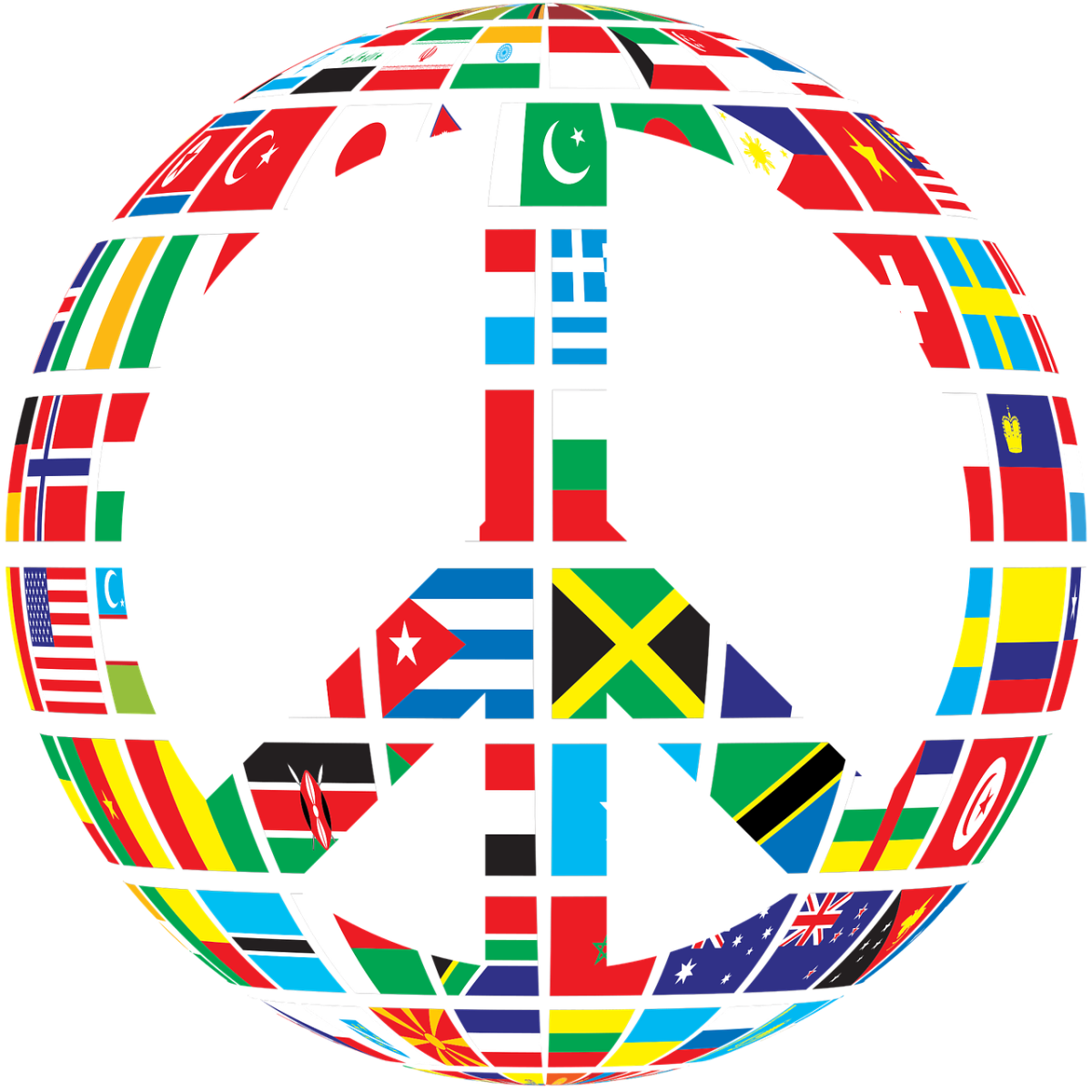Do Actions Speak Louder Than Words?
May 23, 2019
Unfulfilled promises seem to be a recurring theme in life. Most, if not all, individuals living in a modern society can recall times when they have been let down by a person with whom they are personally involved or by a person they follow, such as a politician or celebrity. Perhaps the frequency at which empty promises are made and lies are told is why sayings such as “actions speak louder than words” have become the philosophy of many of our generation.
However, having such a protective mindset has its downsides, one of which is the diminished perceived value of verbal communication. After all, why would somebody care to say anything if what they say will only be taken with a grain of salt?
This is where the fault lies. When people no longer bother to inform others around them of their own feelings and actions, they become isolated from society. Feelings are bottled up and misunderstandings ensue. Think about it, when you ask somebody if something is wrong and get a “nothing” in return, you know that something is wrong. Not only that, but the action of denying your right to awareness, especially if the issue involves you, might be wrong as well.
Of course, body language is one of the most effective predictors of a person’s mood and feelings. But that is all it provides: a prediction. Of course, while we all feel we can “read” a person sometimes, the truth is, none of us can really do so. None of us are experts who can analyze movements to read minds.
There is no resolving conflict if one does not even know what the conflict is. If there is no communication when, for instance, something goes wrong, there will be no apology and no fixing things up. The only thing present will be frustration and, perhaps, anger toward the person who is at fault or who is not helping with the situation.
Additionally, isolation has been linked to physical and mental illness. On the surface, poor communication skills can make a person feel detached from and cynical toward society. This results in physical and mental strain on the individual. On the other hand, if straightforward and effective communication is present, there is no suspicion or blame on the innocent. This, of course, also requires honesty, which can be a challenge for many people.
Communication is also vital to obtaining consent and protecting others from harm. If people were telepathic, there would be no need to ask somebody if it would be okay to discuss a topic that they might be uncomfortable with. Unfortunately, telepathy is rare, and this is where the importance of direct communication comes into play.
In an age of intimation and virtual communication – like texting – it can be difficult to discern the meaning behind a slight curve of the mouth or a curt four-letter message. Communicate with others before doing something that may affect them – not only will you be able to ensure that others are comfortable with what you plan to do, but they might also be able to help you. If things go wrong, nobody will blame you, because they will know that you have good intentions behind doing it.









































